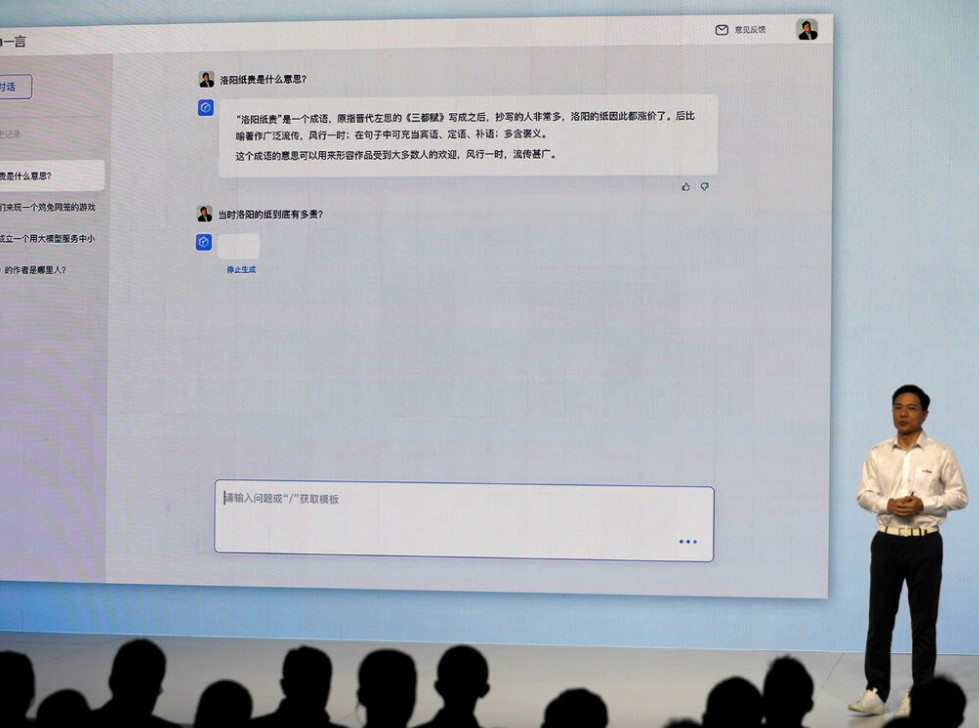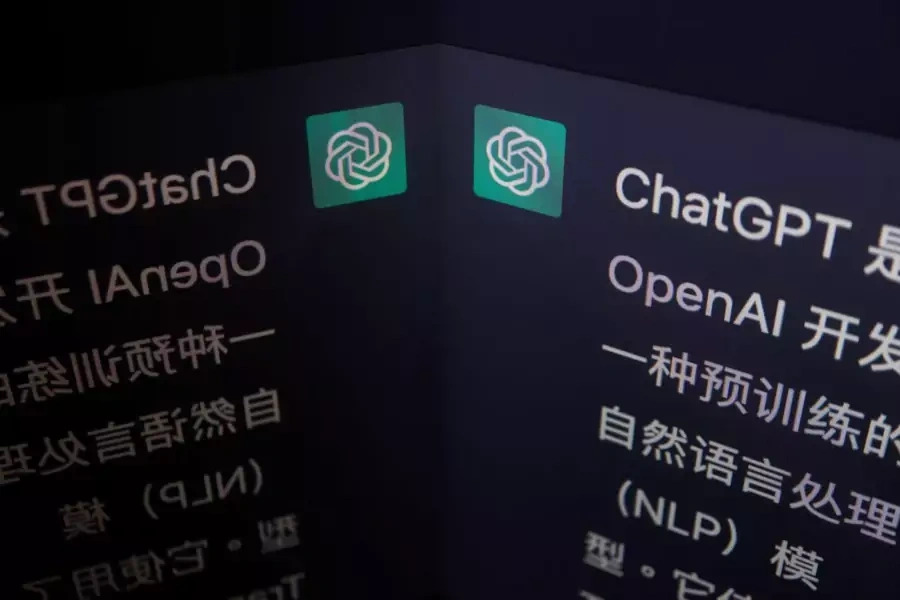In recent years, China has been making significant strides in artificial intelligence (AI) development, with a goal to become a world leader in the field by 2030. The country’s government has been pouring billions of dollars into research and development of AI technology, and its efforts are starting to bear fruit. Here’s a closer look at the current state of AI in China.
China’s AI Ambitions
In 2017, China announced a plan to become a world leader in AI by 2030. The plan involves investing heavily in AI research and development, as well as building an AI industry worth over $150 billion by 2030. To achieve this goal, the Chinese government has been funding research programs, offering subsidies to companies, and working with universities to promote AI education and talent development.

China’s AI Advancements
China has made significant progress in developing AI technologies such as machine learning, computer vision, natural language processing, and robotics. Some of the key advancements in recent years include:
- Chatbots: Chinese companies have been developing sophisticated chatbots that can understand and respond to human language, such as Microsoft’s XiaoIce and Baidu’s Duer. These chatbots are being used in a range of applications, from customer service to mental health counseling.
- Facial Recognition: China is a world leader in facial recognition technology, with companies such as SenseTime and Megvii developing advanced systems that can recognize faces with a high degree of accuracy. Facial recognition technology is being used in China for a range of purposes, including public security and traffic control.
- Autonomous Vehicles: China is investing heavily in autonomous vehicle technology, with companies such as Baidu, Pony.ai, and WeRide developing self-driving cars and trucks. China’s government has also been supportive of the development of autonomous vehicles, and has been working to create a regulatory framework for their deployment.
- Healthcare: AI is being used in China’s healthcare system to improve diagnosis and treatment of diseases. For example, Ping An Good Doctor, an online healthcare platform, uses AI to help doctors diagnose illnesses and develop treatment plans.
China’s AI Challenges
Despite its progress in AI development, China faces several challenges in achieving its goal of becoming a world leader in the field. One major challenge is the country’s reliance on foreign technology. China is heavily dependent on imported computer chips, which are a key component in AI systems. The country is also lagging behind in developing its own AI algorithms and software.

Another challenge is the regulatory environment. In 2019, China unveiled draft rules for AI software systems, which require chatbot content to reflect “socialist core values” and avoid information that undermines “state power” or national unity. While the rules are aimed at promoting social responsibility and ethical development of AI, they could also hinder innovation and competition in the industry.
Conclusion
China’s push for AI dominance is part of a larger strategy to become a global technology leader. While the country has made significant progress in developing AI technologies, it still faces challenges in areas such as talent development, innovation, and regulation. Nevertheless, China’s massive investment in AI research and development is likely to result in continued advancements in the field, with the potential to transform industries and shape the future of the global economy.





